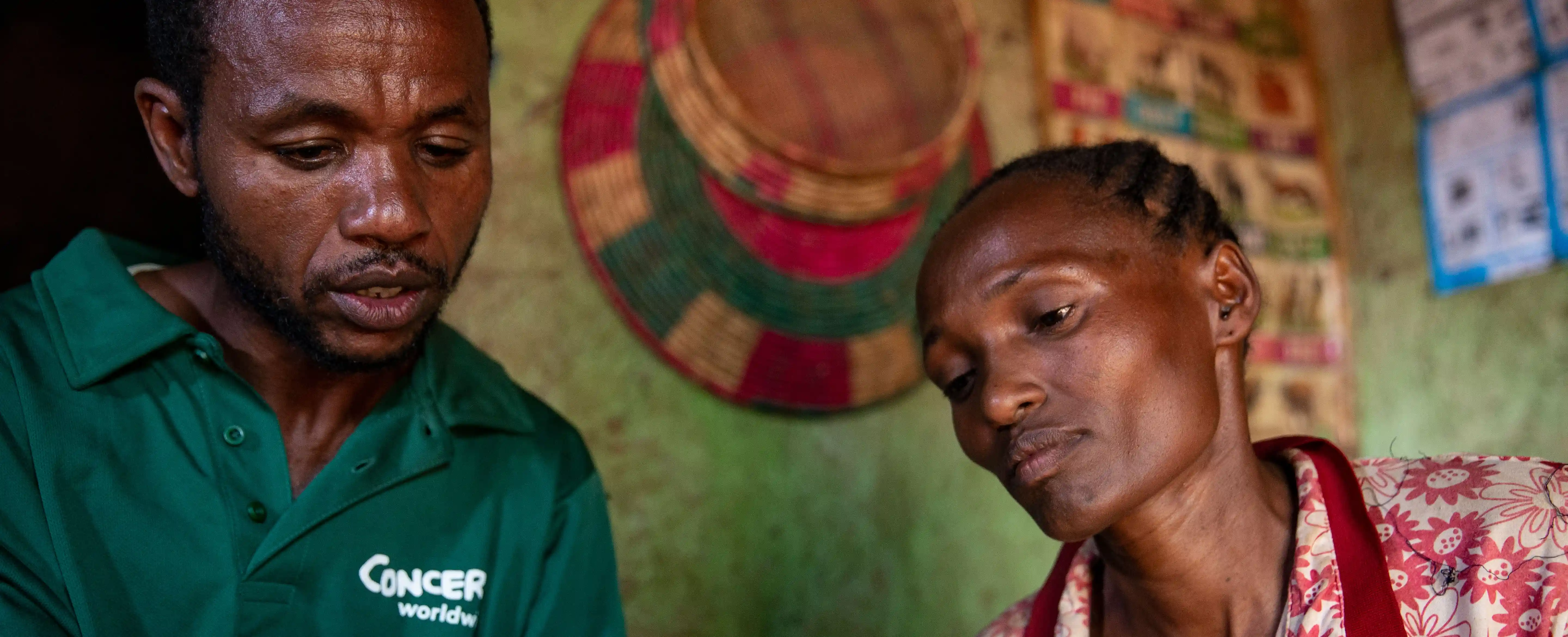Concern’s partnership with a US food ingredients giant has been producing exciting results in East Africa.
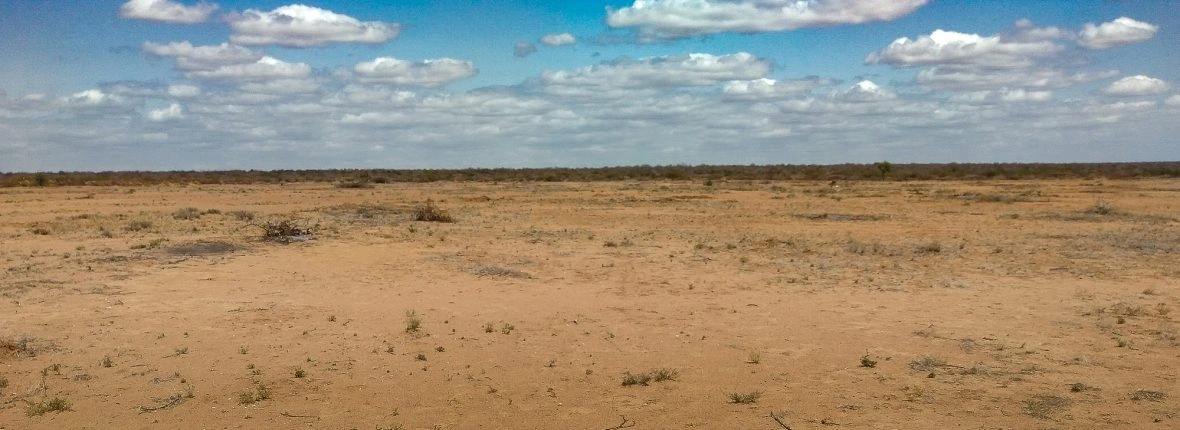
Situation Critical
For many who live in rural areas of Kenya and Ethiopia, hunger is no stranger. But it has become an increasingly unwelcome and persistent presence in recent years, as the climate changes and resources dwindle.
“Last year we did not have enough water for farming"
Halima Diramu Jilu was born in Tana River County, a marginalized and semi-arid region about six hours east of Nairobi. She has witnessed firsthand over the decades the increasingly difficult struggle parents face in feeding their families. “There is not enough.” she says. It’s a big worry, brought on to a large extent by a lack of water.
Communities here have traditionally relied on a mixture of pastoral livestock and small farming to generate enough food and income to get by. Erratic rainfall has meant less growth in the pastures where their animals graze and almost no opportunity to cultivate crops at any meaningful scale. “Last year we did not have enough water for farming. There was drought.” according to Ibrahim Murgor.
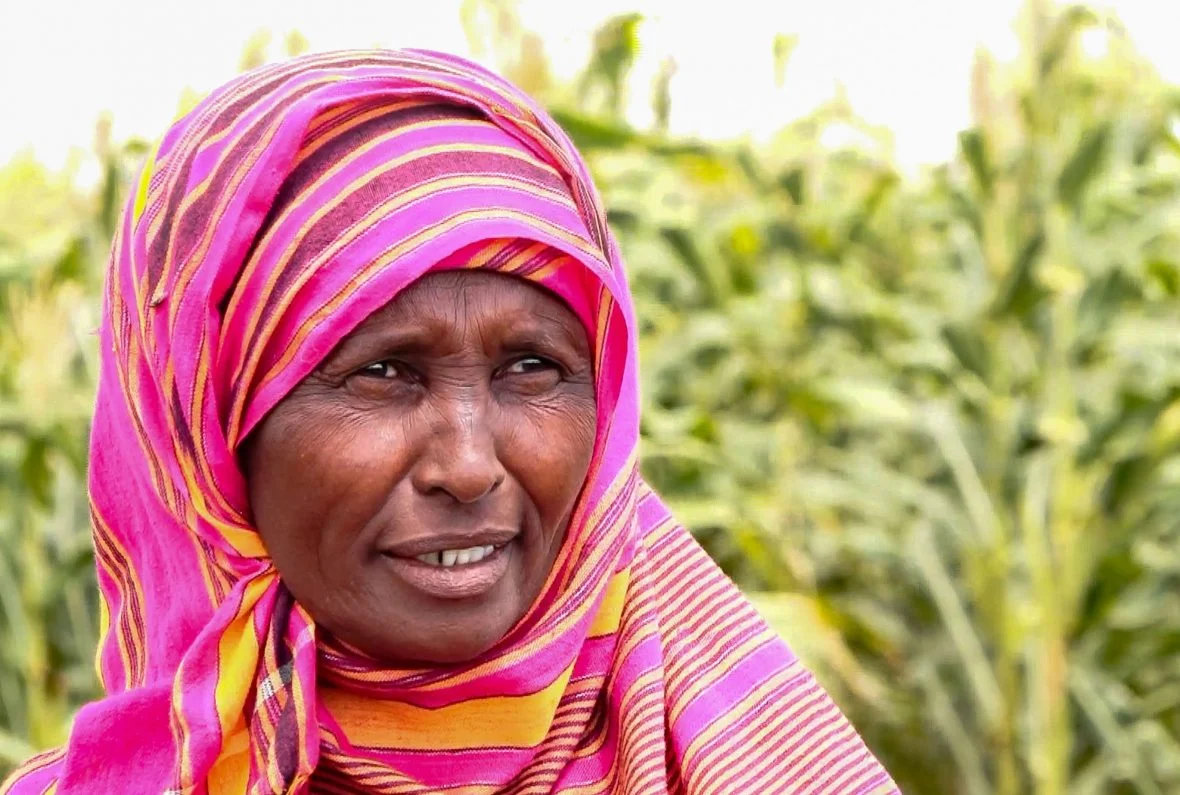
The situation was critical, with health clinics reporting an alarming rise in the levels of malnutrition among young children. Chronic malnutrition at an early age can lead to stunting — inhibited physical and cognitive growth which has lifelong consequences. Acute malnutrition (low weight for height) can be life-threatening.
Finding solutions
Concern, which has worked in Kenya since 2002, sat down with community leaders and local government officials to figure out potential solutions. The result was a custom-designed program called LEAF — Lifesaving Education and Assistance to Farmers. Right on cue, Illinois-based food ingredients company, ADM, stepped in to provide the funding needed to make it a reality.
According to Concern’s Katie Waller, the program involves a two-pronged approach. “We’re looking to improve food security by educating farmers on climate smart technologies and providing inputs such as drought tolerant seeds, water pumping sets, tractors, and increased access to irrigation canals. Simultaneously, we are addressing immediate nutrition, or acute malnutrition, needs through Community Management of Acute Malnutrition (CMAM) services and community outreach.”
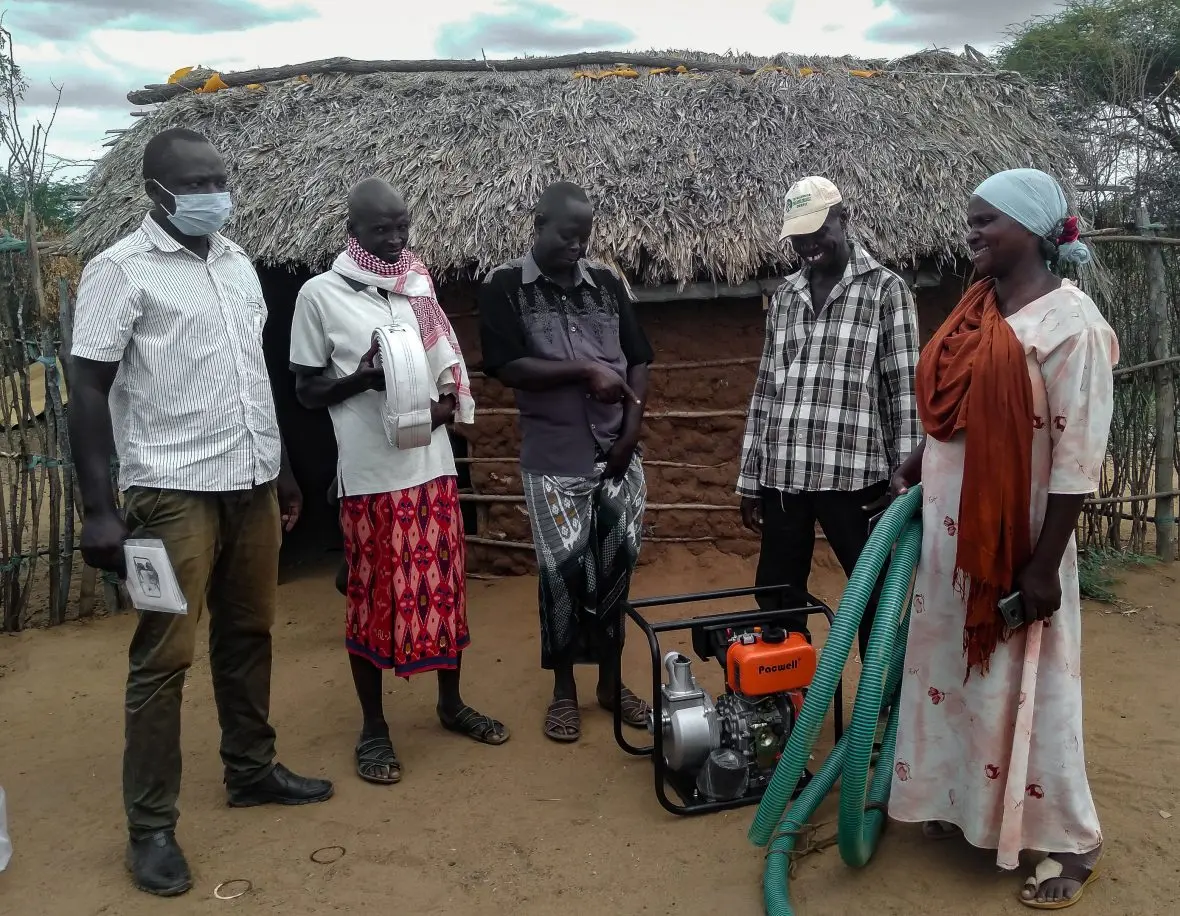
One year on, despite the challenges posed by the COVID-19 pandemic, the results have been impressive.
"Our lives have changed"
Large areas of previously unproductive land have been cultivated with crops such as maize, mungbeans, kale, and watermelons, providing food and additional income for local families. “Our aspiration is to have an acre and a half of land under cultivation for each family, providing enough food for their own use and for commercial purposes,” according to Hassan Olow, who is overseeing the program for Concern. Halim Diramu Jilu is impressed. “Since we started this project, our lives have changed. We have planted lots of crops. We get water from canals... we have enough water now."
As with all such ventures, the aim is to create sustainable livelihoods, without the need for ongoing intervention from Concern. Hassa Olow says that the partnership approach, involving in investment and upskilling by the community and increased support from the local government, is key to achieving that sustainability.
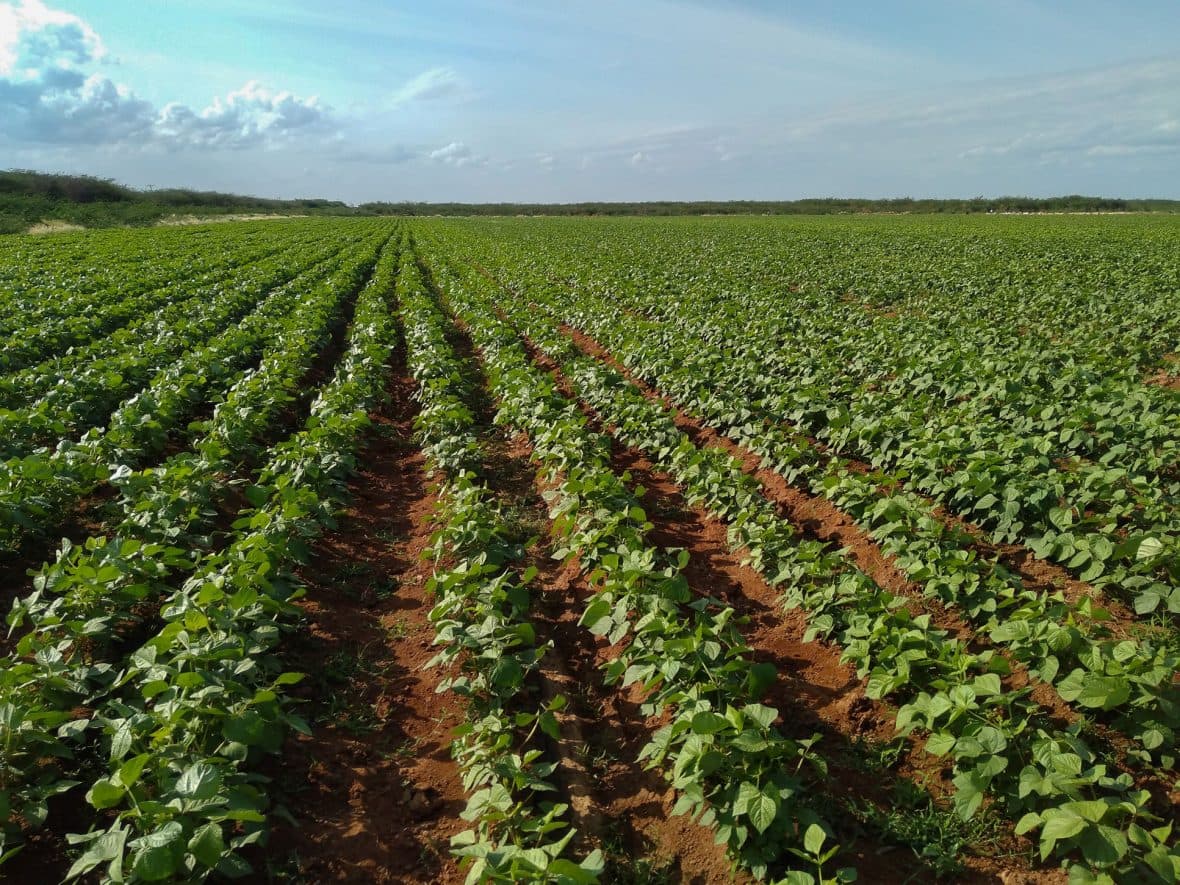
Meanwhile the malnutrition treatment element of the LEAF program is starting to have an impact too, as a result of increased screening and timely referral. The combination of tackling cause and consequence simultaneously is a powerful one.
A different challenge
Meanwhile a thousand miles to the north, LEAF is having a similarly impressive impact.
Farming families living in Ethiopia’s Wollaita Zone face a whole different set of challenges. Dense population (Ethiopia is Africa’s second most populous country after Nigeria) means there’s serious pressure on available land. That makes it difficult for those who rely on the land for survival.
"I am trying to survive"
Tarkuwa Debsa is a widowed mother of 6 children, who has a quarter of a hectare of agricultural land from which to derive the family’s food. That’s less that the size of the average US yard. She says it’s impossibly difficult. “Finding food for them is a challenge. Not only food, I have to send them to school, so life is very, very hard. I try to do small trading activity to earn money to feed the kids, for clothes, for school and I’m hardly getting enough for their needs. It is a matter of survival — I am trying to survive.”
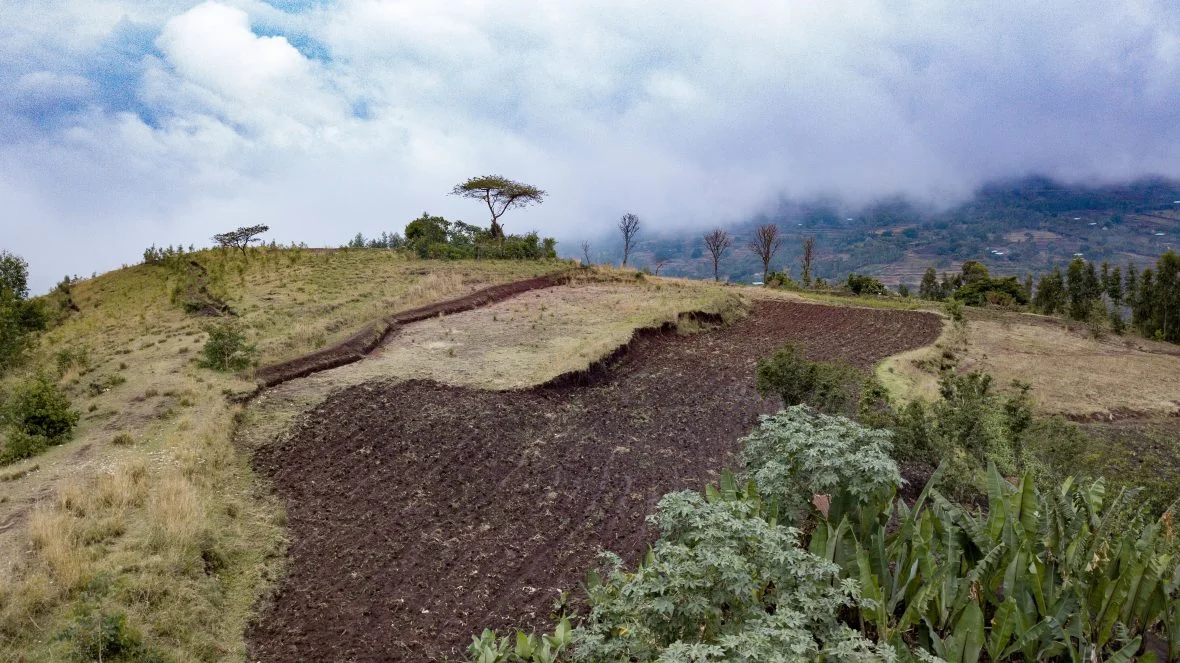
As the children grow and Tarkuwa’s outgoings increase, she has less capital to fund her livestock trading activities, to the point where business has almost completely ground to a halt. She now has no money for oxen to plough the land, leaving her to cultivate by hand, which is very inefficient and limits production. Sometimes there is only enough for one meal a day. The family is living on the edge.
Concern’s Tamirat Geta explains how the Ethiopian adaptation of LEAF is designed to address the needs of people like Tarkuwa. “We are using a variation of the ‘graduation’ model to help the most vulnerable people in these communities build up their assets, increase their income, and lift themselves out of poverty.” That in turn helps to secure access to enough food and offset associated risks.
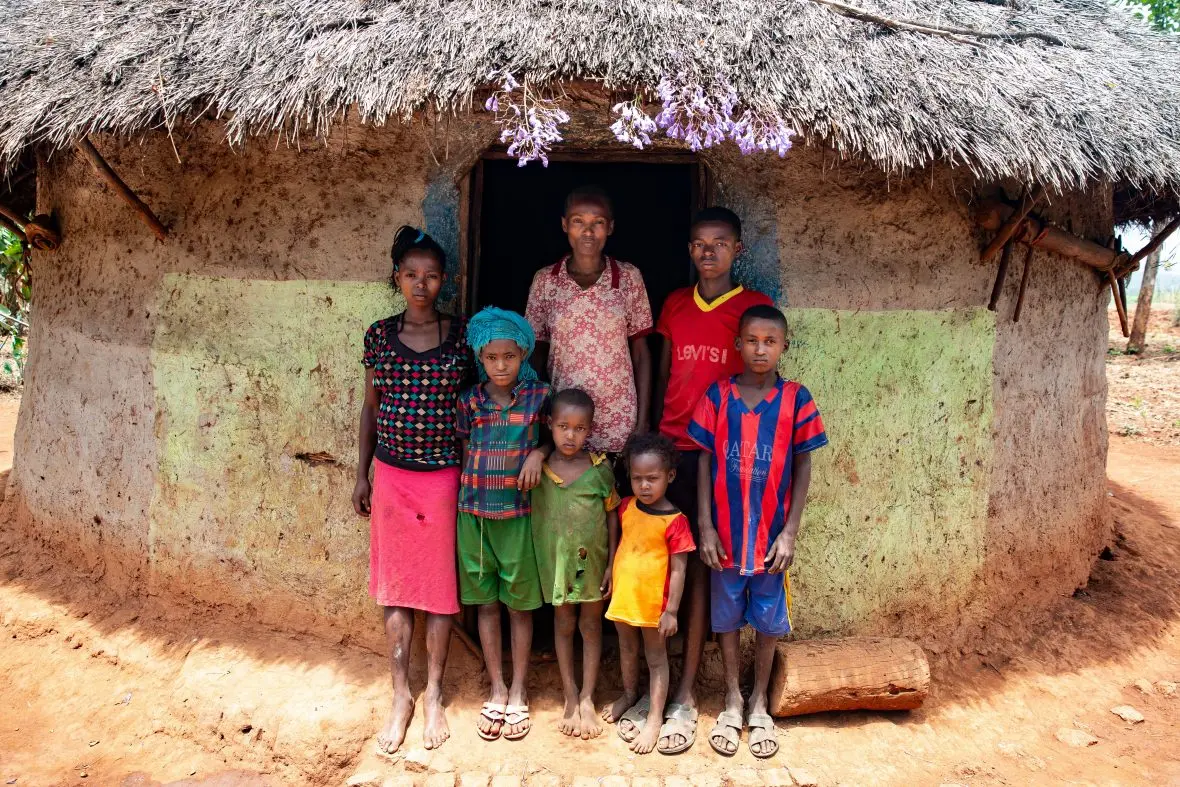
A different kind of LEAF
It’s an almost year-long program that involves skills training, financial supports, and ultimately a capital grant to kickstart the participant’s chosen business activity. For Tarkuwa, it’s a golden opportunity to stop her economic slide. “I have seen other people in my village who have improved their livelihood greatly — some have their own donkey, their own cart providing a transport service in the village for money. Some do fattening of sheep and goats and earn regular money and improve their house and can do trading. A lot of people are better off now because of the program, and I aspire to this also.”
"Everything is very possible."
She has to look no further than near neighbor, Workinesh Alto. She has gone from being the self-described poorest person in the village two years ago to a highly successful and respected businesswoman. She now has oxen and cattle, fields under cultivation, a beautiful new home, and a strong line of credit for trading activities. Both boys are in school, and there is food on the table every day. To Tarkuwa, her message is clear. "Everything is very possible. I am a living example for you."
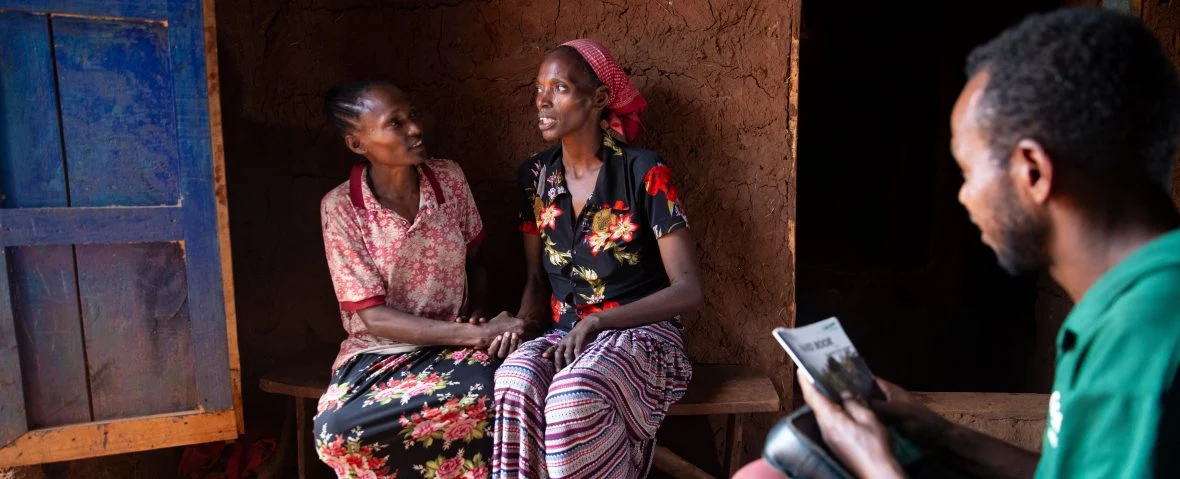
“We’re inspired by the progress we’re making through the LEAF Project in Kenya and Ethiopia in providing both lifesaving nutrition and transformational agriculture,” according to Alison Taylor, ADM Chief Sustainability Officer. "We’re excited about the work we’ll undertake in the coming year, and our ability to use nutrition innovation to make a lasting impact on enriching the lives of thousands of people.”

